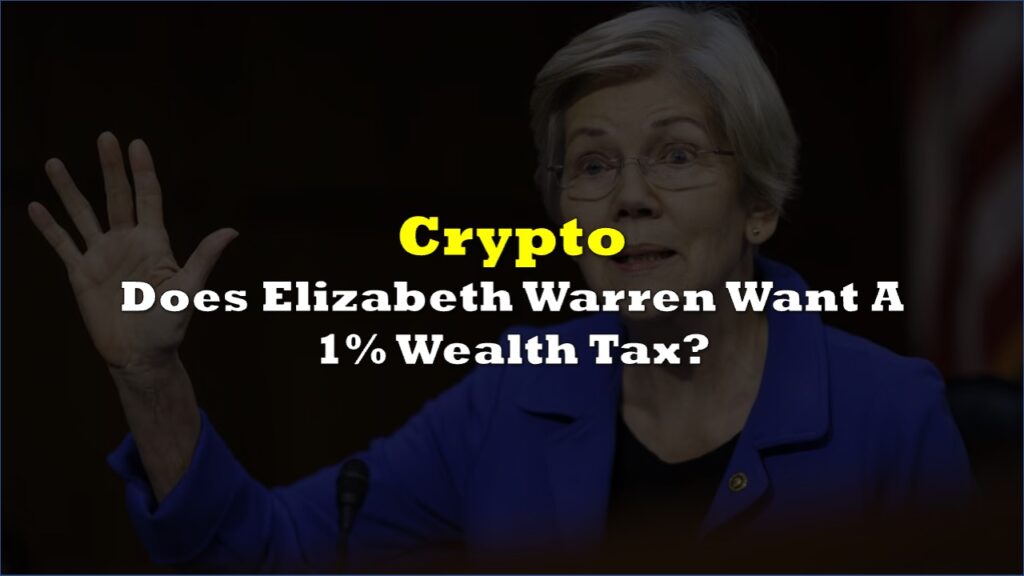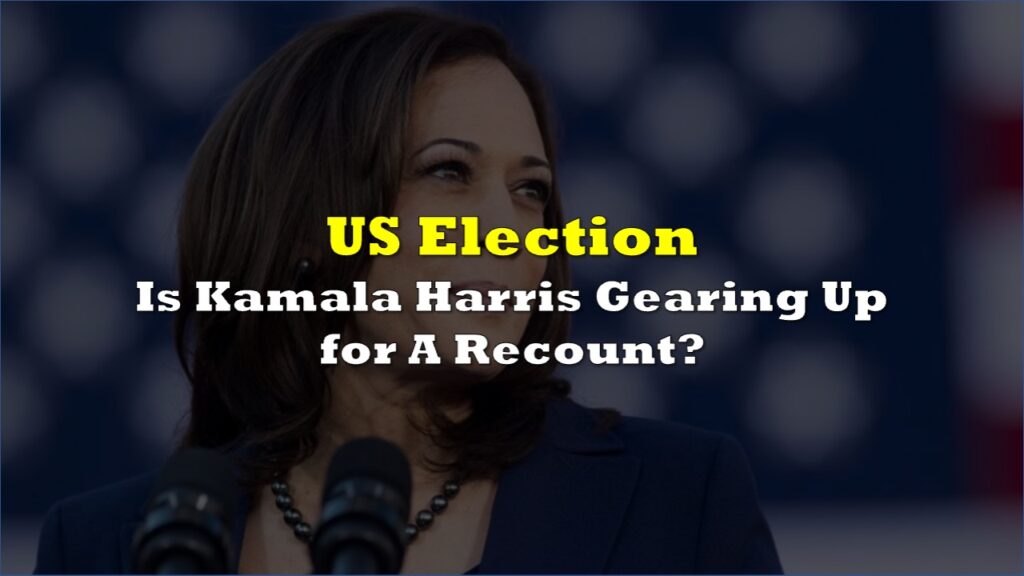A new report from the consumer advocacy group Public Citizen reveals that the cryptocurrency industry is leading corporate political donations in the 2024 election cycle. The sector accounts for nearly half of all corporate contributions to political action committees (PACs) this year, potentially reshaping the landscape of election financing.
According to the report, blockchain companies have contributed 48% of the $248 million in corporate donations aimed at influencing federal elections. Fairshake, the crypto industry’s primary PAC, has raised a significant portion of these funds, with estimates ranging from $169 million to $202 million.

The majority of Fairshake’s corporate backing comes from major players in the crypto space, including Coinbase and Ripple. These companies have been at the forefront of the industry’s ongoing regulatory battles.
Unlike traditional industry PACs that typically align with one political party, Fairshake has adopted a bipartisan approach. The organization has endorsed equal numbers of Democrats and Republicans in House races and has supported candidates from both parties in Senate races.
“The even partisan split in both houses of Congress means the crypto sector’s outsized influence in competitive races has the potential to tip control of Congress one way or the other,” Rick Claypool, the report’s author writes.
The PAC has also targeted those considered enemies of crypto, without calling attention to itself. Fairshake ran ads against Rep. Katie Porter and Rep. Jamaal Bowman, targeting their reputations, notably without mentioning crypto-related issues. Both Porter and Bowman subsequently lost their primary races.
“The crypto sector strategy seems to be: give crypto corporations what they want, or your political career gets it.”
It’s also spending $12 million to back Ohio Republican Bernie Moreno, a “crypto fan” and “blockchain businessman,” who also happens to be running against incumbent Democrat Sen. Sherrod Brown, a crypto critic and chairman of the Senate Banking Committee.
“To be fair, crypto did not invent the corporate political influence strategy of rewarding candidates who agree to do an industry’s bidding while threatening those who resist corporate power,” Claypool writes. “But no industry has ever before so wholeheartedly embraced raising as much directly from corporations and openly using that political war chest as a looming threat (or reward) to discipline lawmakers toward adopting an industry’s preferred policies.”
Information for this story was found via Public Citizen, and the sources and companies mentioned. The author has no securities or affiliations related to the organizations discussed. Not a recommendation to buy or sell. Always do additional research and consult a professional before purchasing a security. The author holds no licenses.









